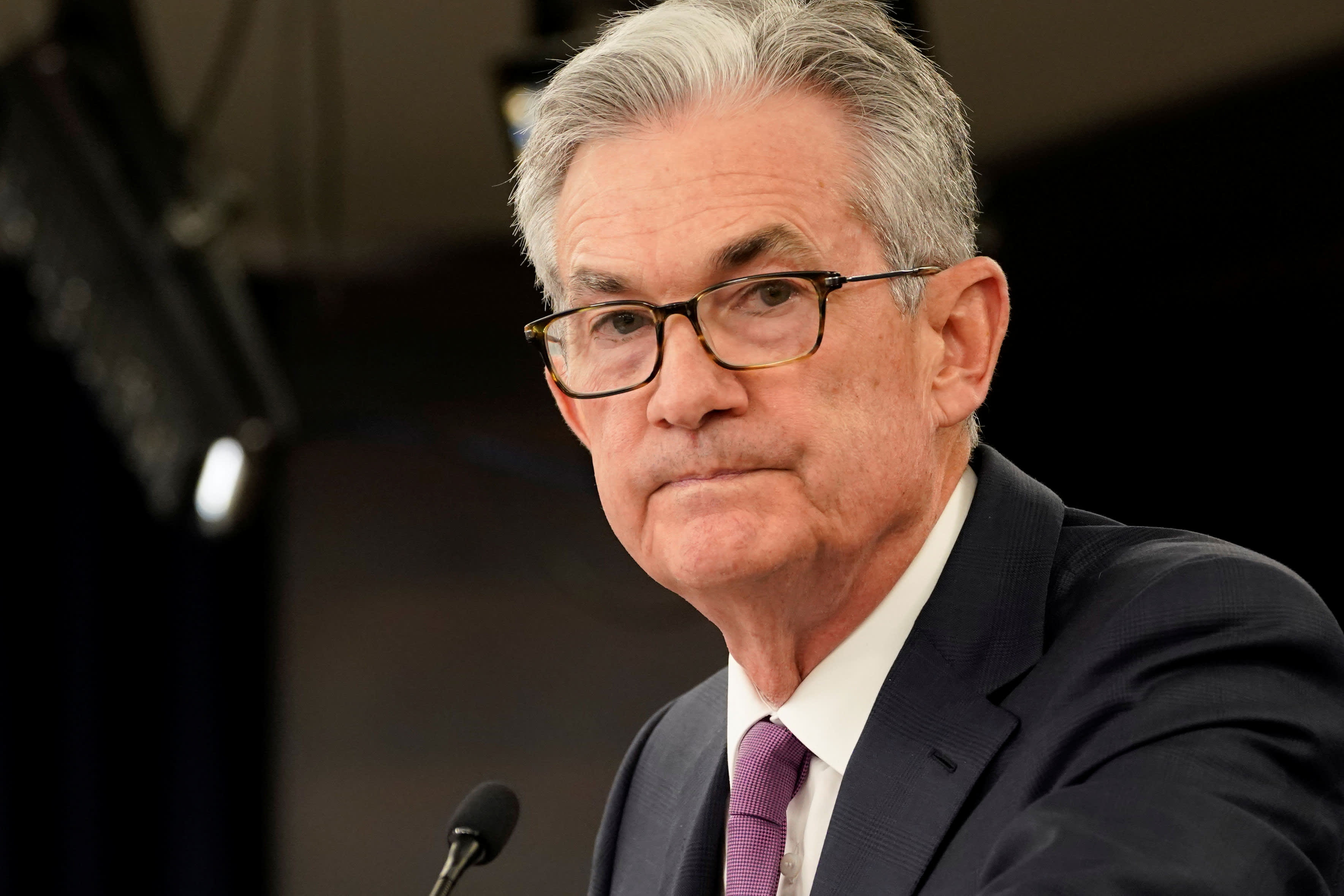Federal Reserve Chairman Jerome Powell repeated his pledge to “act as appropriate” to keep the economic expansion going as his fellow central bankers move toward an expected interest rate cut later this month.
In speech delivered Tuesday in Paris, the central bank chief detailed misgivings among Fed officials over trade developments and global growth that have caused “uncertainties” over the outlook to increase. In addition, he said there is concern over negotiations regarding the federal debt ceiling, Brexit and “a more prolonged shortfall” in inflation below the Fed’s 2% goal.
“Many FOMC participants judged at the time of our most recent meeting in June that the combination of these factors strengthens the case for a somewhat more accommodative stance of policy,” Powell said in prepared remarks. “We are carefully monitoring these developments and assessing their implications for the U.S economic outlook and inflation, and will act as appropriate to sustain the expansion, with a strong labor market and inflation near its symmetric 2 percent objective.”
The speech comes as market participants are strongly anticipating a rate cut at the July 30-31 Federal Open Market Committee policy meeting. Traders have priced in a 100% chance of a reduction in the overnight funds rate from its current targeted range of 2.25% to 2.5%.
From there, the market expects possibly two more cuts coming by the end of 2019 or early 2020, according to fed funds futures contracts and the CME’s FedWatch tool.
Powell did not indicate how much policy loosening was coming, and his remarks were generally positive about economic growth, particularly in the labor market and an unemployment rate near a 50-year low.
He noted weakness in manufacturing and business investment against some improvement in consumer spending.
In addition, Powell noted the influence that actions from other central banks can have on U.S. policy.
“We have seen how monetary policy in one country can influence economic and financial conditions in others through financial markets, trade, and confidence channels. Pursuing our domestic mandates in this new world requires that we understand the anticipated effects of these interconnections and incorporate them into our policy decisionmaking,” he said.
The European Central Bank has indicated that it plans on keeping its own policy easy as it copes with a slowing economy.
